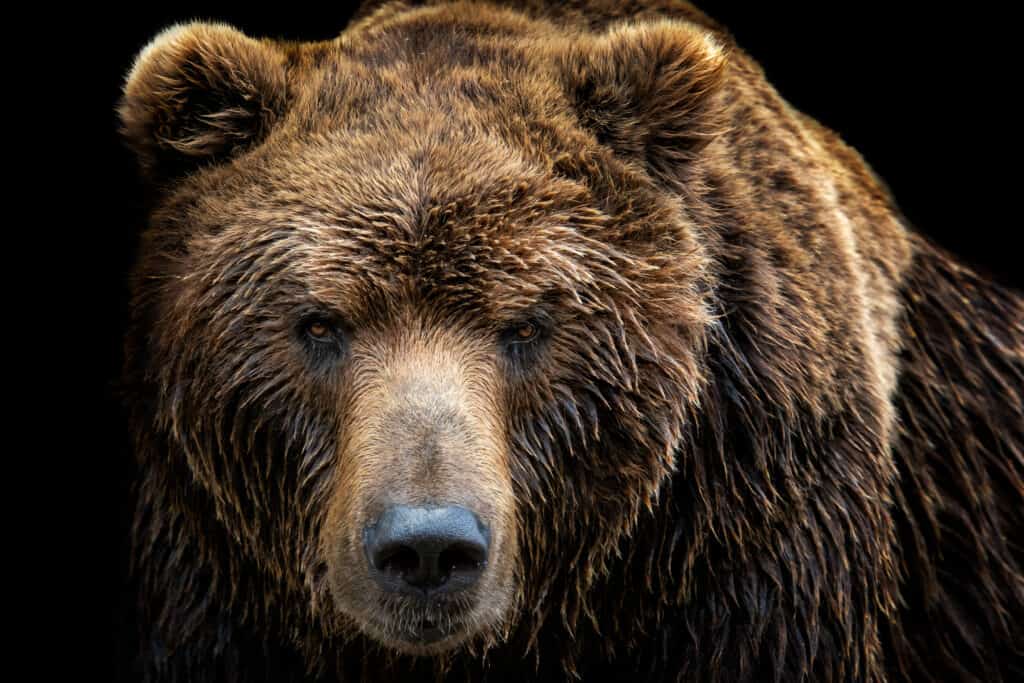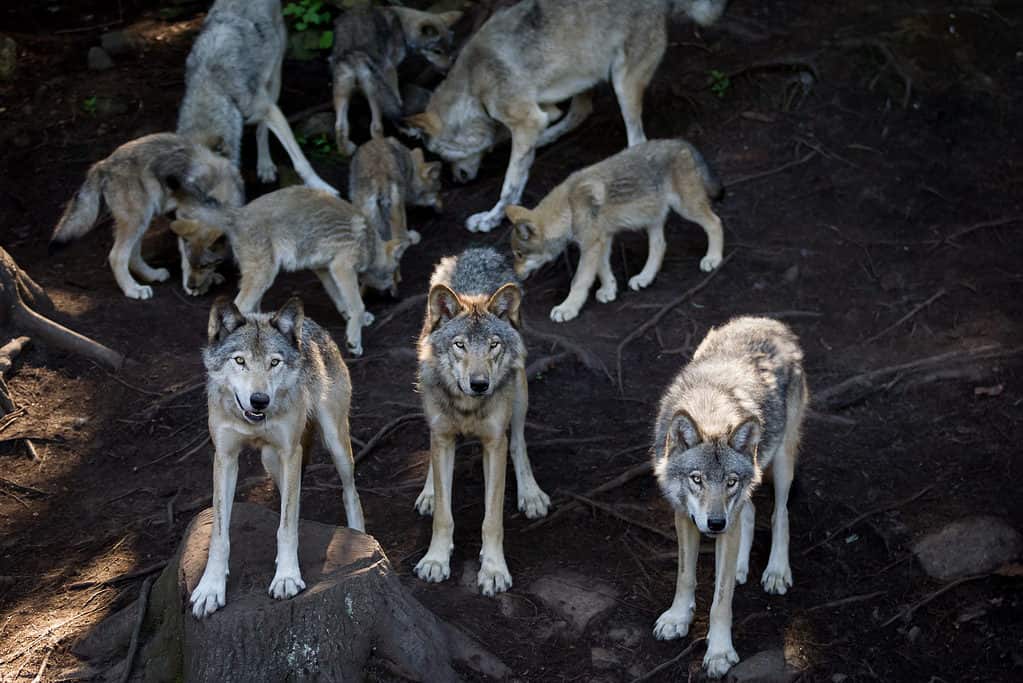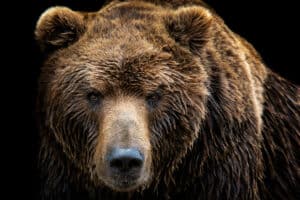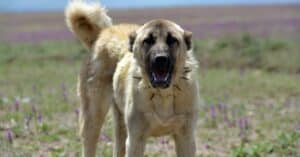Grizzly bears are rather dignified denizens of North American forests. These large mammals, characterized by their robust build and distinctive brown fur, are a symbol of the untamed wilderness. Their powerful presence and curious behaviors are exciting to observe and learn how to further respect them.
Mother grizzlies are specifically known for their strong protective instincts, caring diligently for their cubs for several years. The fierce defense of their young has been known to lead to intense showdowns between other grizzlies, as seen in this fascinating footage.
Watch the Video Below!
More than remarkable for their strength and agility, grizzlies also exhibit a surprising degree of intelligence and problem-solving skills. They are omnivores, with a diet that spans a wide range of foods, from berries and roots to fish and mammals. Let’s find out some other possibly overlooked traits of these giant grizzlies.
Is It Normal Behavior for Grizzlies to Fight Each Other?
While the video seems to end peacefully with one grizzly yielding its kill to another, do grizzlies often get aggressive with each other in the wild? The answer is that it’s not uncommon for them to become aggressive and even fight with each other.
Generally, grizzlies are solitary except for certain times such as mating season, when male grizzly bears will face off with each other for mating rights. These bears can also be territorial, defending their particular ranges from intruders like other grizzlies. Sometimes they will simply fight for dominance.
Grizzly bears have an intriguing social structure in which posturing is a key communication method. Basically, grizzlies will put on an aggressive display in order to tell others of their kind who is the strongest around. These kinds of messages are loud and clear, and grizzlies know when to back off when necessary like in the video above!
Lower-ranking bears in a hierarchy will challenge one another for a higher position. Another reason grizzlies fight each other is over resources, whether they are competing for prey, or living in an area where food is scarce, which can cause them to be more aggressive. And female grizzlies are fiercely protective of their young, whether it’s providing them with sustenance or defending them from another aggressive bear.

Generally, grizzlies are solitary except for certain times such as mating season.
©Lubos Chlubny/Shutterstock.com
What Are Predators of the Grizzly Bear?
Few are foolish enough to challenge the grizzly bear due to their sheer might and resilience. That said, wolves and cougars have the ferocity to make attempts due to how much of a feast a trophy of such immensity represents. However, they’ll have quite a struggle on their hands, as grizzlies are one of the most fearless warriors in nature and aren’t afraid to show it!
Humans are also involved in the hunting of grizzlies, whether for sport or for population control. While not endangered in Alaska, grizzly bears are considered vulnerable in the rest of their range, which may make hunting them in certain areas a dubious decision.

Wolves can prey on grizzly bears, but taking down a grizzly would be very challenging.
©PatrickLauzon photographe/Shutterstock.com
How Long Do Grizzly Bears Live?
Just as durable as they look, grizzlies are usually capable of living up to 25 years in the wild. Older bears have been recorded, and the oldest grizzly ever, Brownie, was thought to be around 56 years old!
The photo featured at the top of this post is ©
Thank you for reading! Have some feedback for us? Contact the AZ Animals editorial team.







